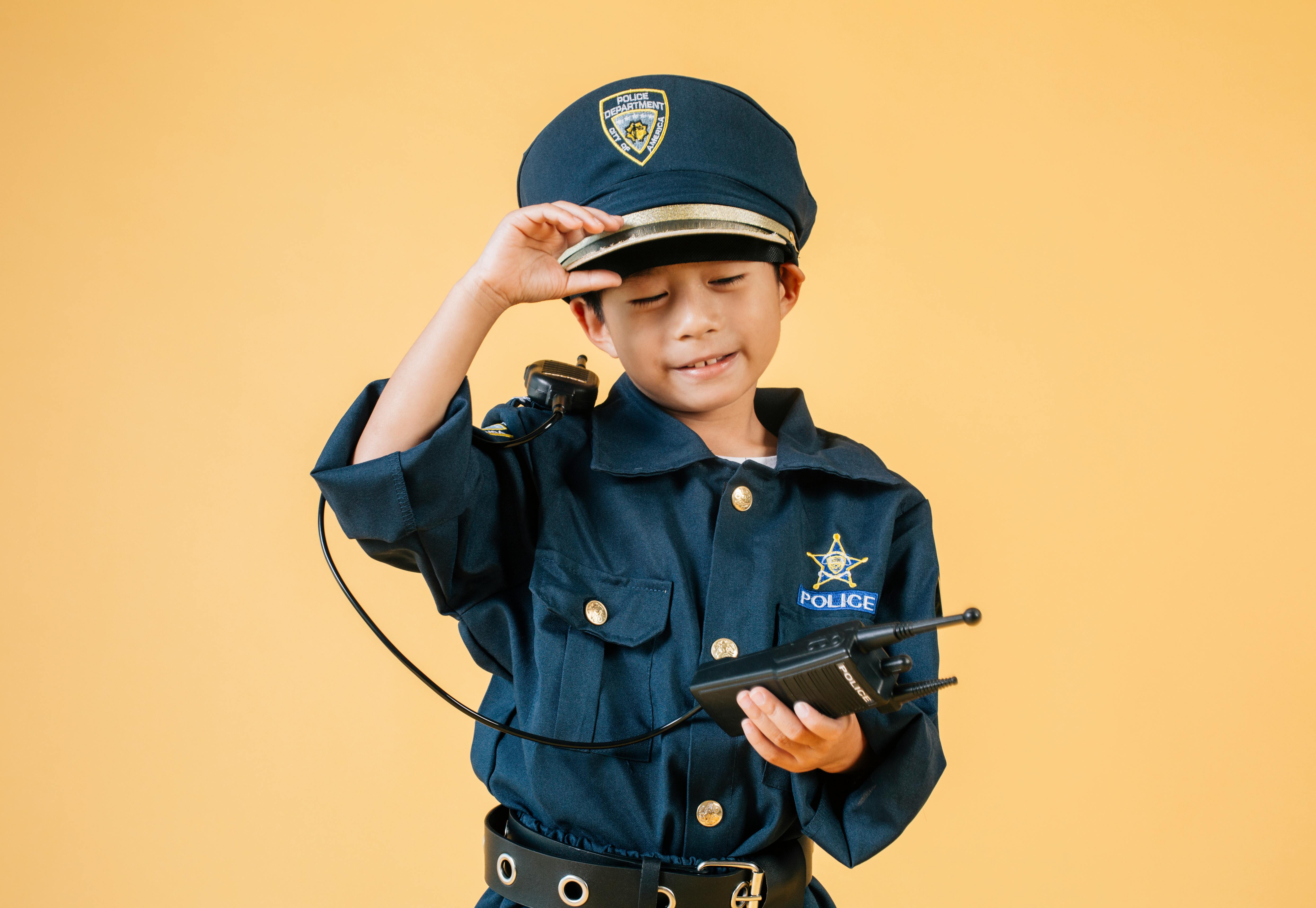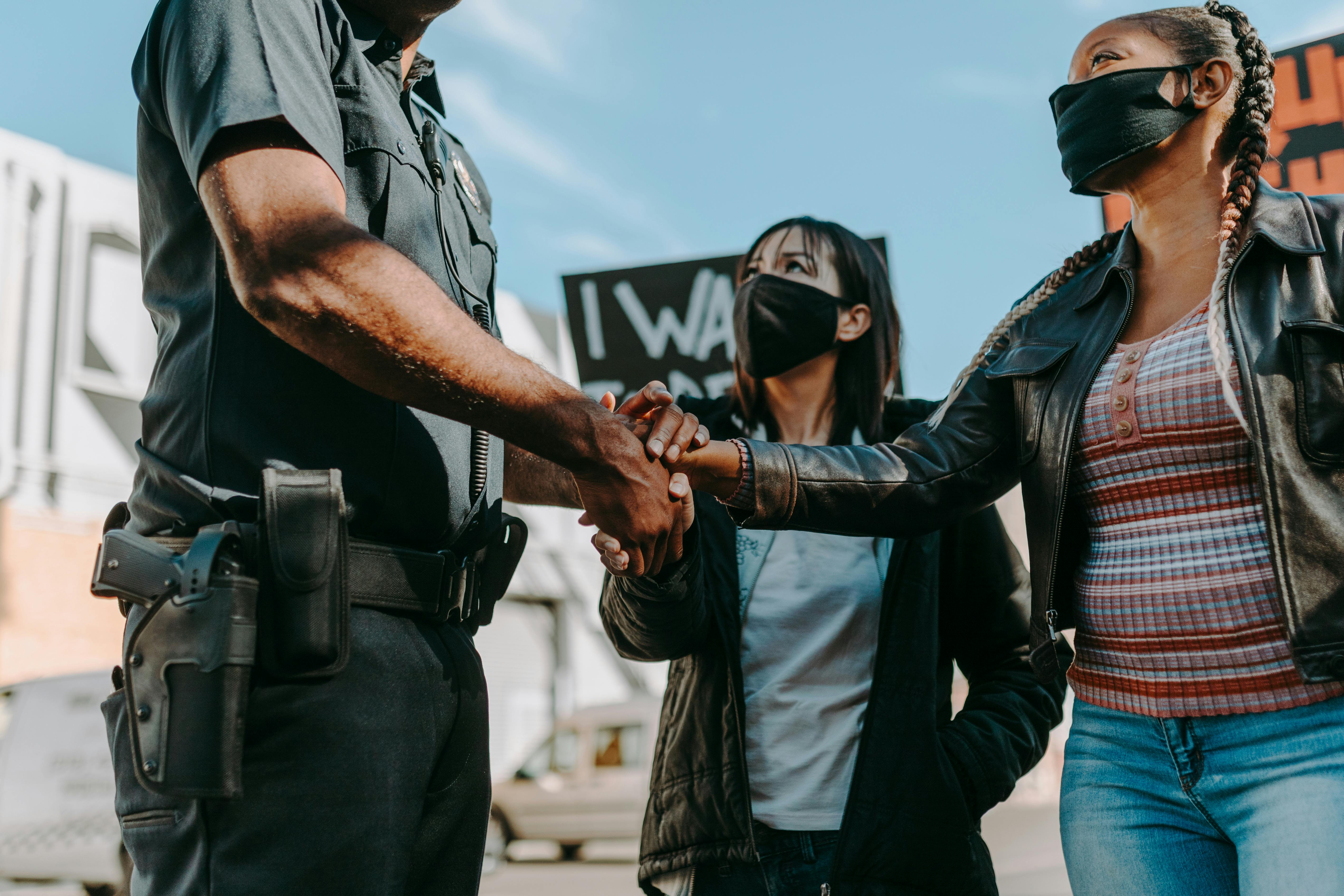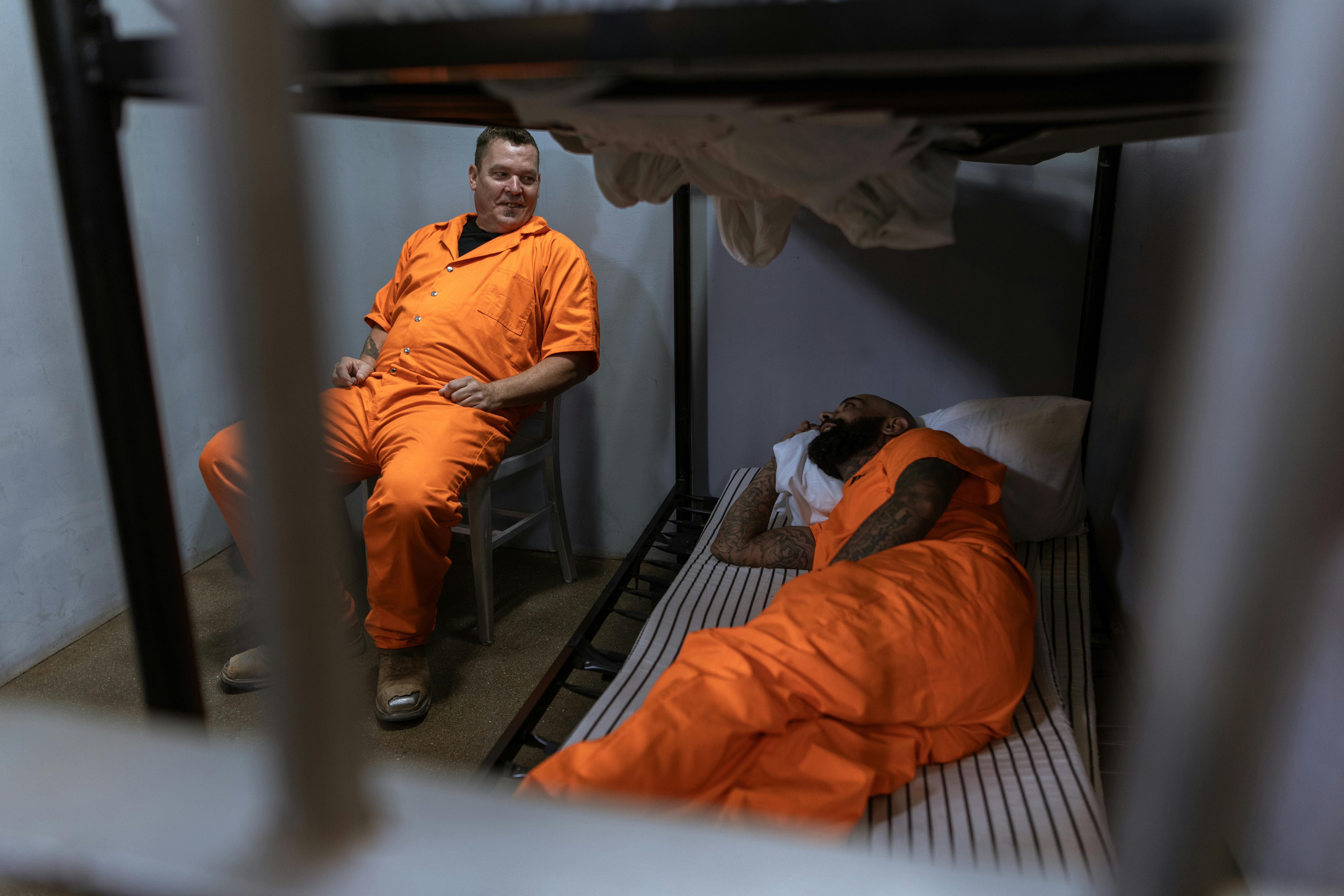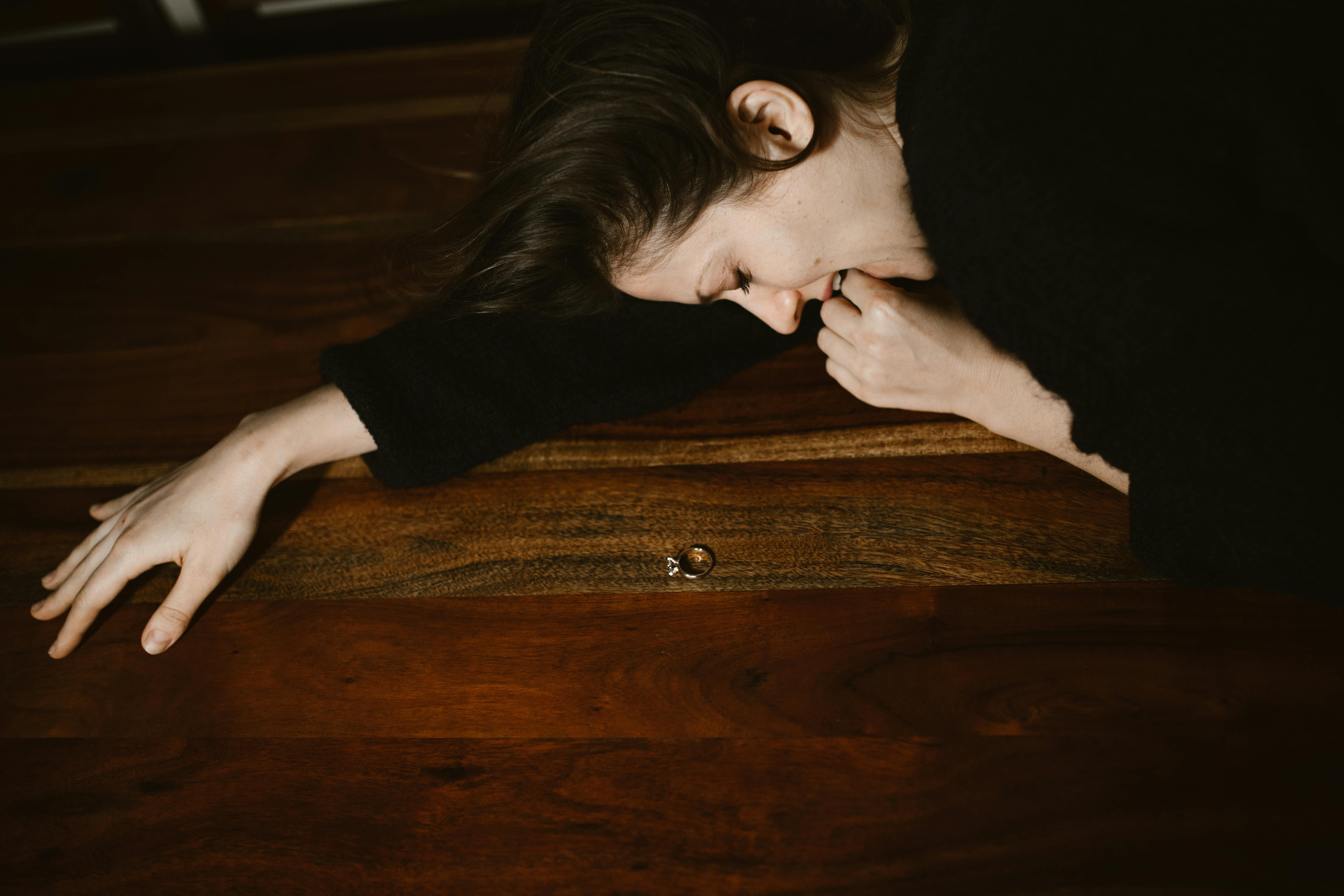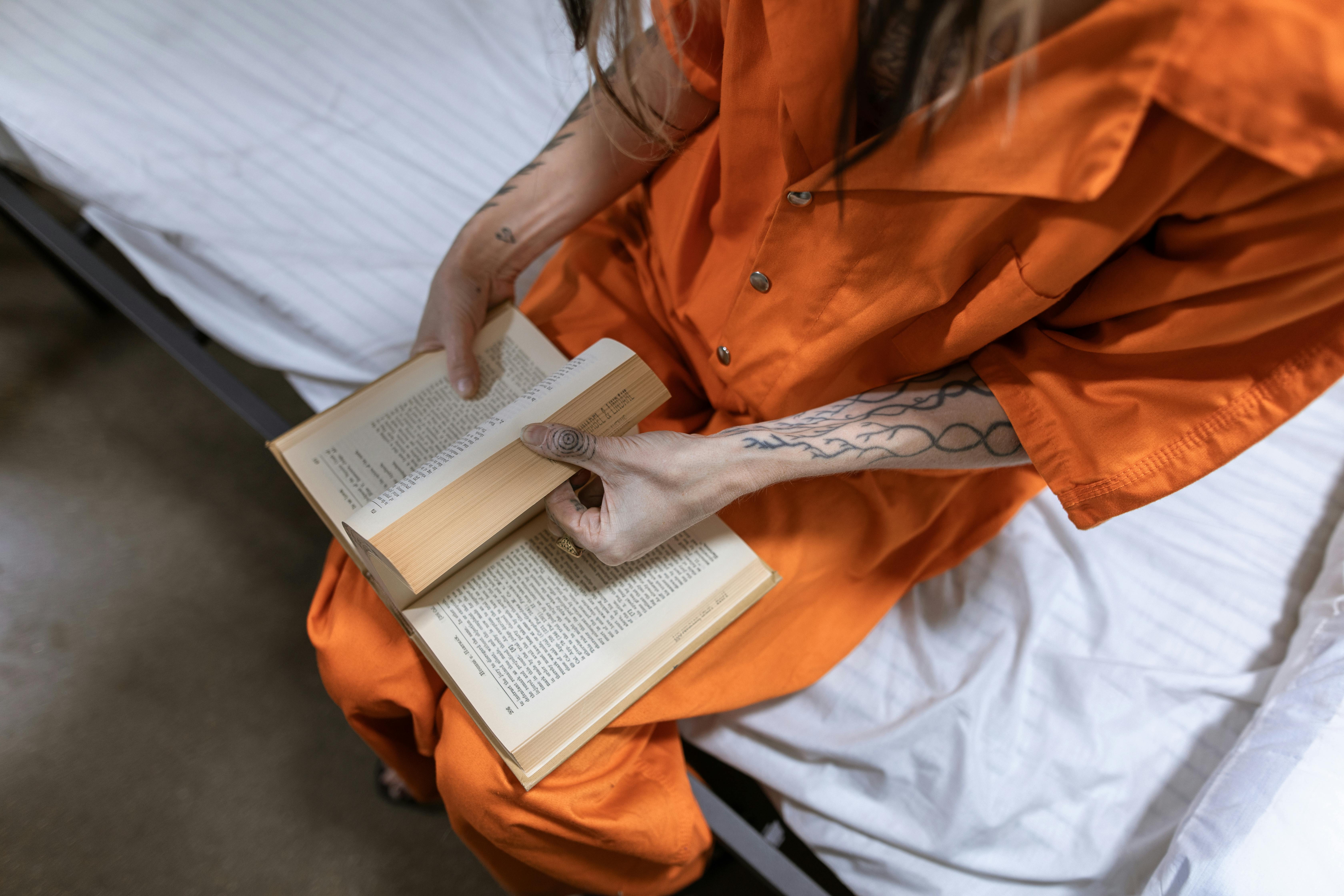DO NOT FEAR WHAT MAN CAN DO TO YOU
“In God have I put my trust: I will not be
afraid of what man can do to me.
56:11
The first word uttered by a candidate for Masonic degrees upon entering a Masonic Lodge declares his faith in God. Without such a statement, the shape and beauty of a loggia would be hidden from him forever. So would the hidden beauties of Freemasonry. That statement also professes the candidate’s eternal trust in God, a trust that is symbolically tested during the ritual used in each of the three degrees of Freemasonry.
In the first degree, the candidate is handed over to the custody of a person he cannot see and, in a blind condition, is led down paths he has never traveled before. His driver is simply identified to him as a true and trusted friend whose faithfulness he can trust with the utmost confidence. The candidate is taught a very important lesson about Masonry: It is safe to trust a Brother Mason; as safe as trusting God.
During the Second Degree, the candidate is taught the importance of the symbolic Middle Chamber of King Solomon’s Temple, which he can only enter by proving his worth and knowledge. Here Masons learn that knowledge is a gift from God and that the benefits we receive from knowledge must be shared with every man, woman and child with whom they come in contact. That is so, because Divine Wisdom is at the root of all that we can hope to learn and know, whose comforts are not denied to any of God’s creatures.
However, it is during the Third Degree that the candidate learns to trust in God, not to fear what man can do to him. During the ritual, the candidate learns that he will no longer have anyone to pray for him. He must do it himself. The true and faithful brother who had previously served as his guide is replaced by the invisible presence of the Deity. Here, Freemasons prepare to travel abroad, or in social and professional circles in their life outside of a Masonic Lodge.
When we reflect on the progression of the Masonic lessons on trusting God, we are reminded of the parallel lessons taught during the natural state of human existence. A child is born into the world unable to care for himself. Throughout his early years, he receives the loving care of his nurturing parents and thus learns to trust someone so that he feels safe, secure, and greatly loved. There comes a time when the child must leave that safe environment and travel alone into the world. It is then that the child truly learns in whom to place his trust.
Throughout the history of mankind, nothing has made men more powerless than fear. Those who assumed authority over others, or embarked on a path to do so, quickly learned that imposing fear on men made them easy to subjugate and manipulate. Monarchs, legislators, churches and employers have used fear on various occasions to gain power, maintain power and achieve compliance with their various demands. In doing so, they acted as enemies of freedom, because men who act or refrain from acting out of fear are never truly free.
What is it that makes you afraid? Is it poor health or the steps you need to take to maintain good health? Could you handle the humiliation and pressures of losing your job? Does your religion make unreasonable demands on your behavior and emotions so that you fear falling from God’s grace? Or, are you afraid that you won’t like others? Such disordered thinking can also give way to anger and resentment, two products of fear, and result in loss of friends and loss of peace of mind.
Albert Pike wrote about how essential it is for men to embrace virtue and honor in their lives. He wrote that good men made themselves better by doing so, and that others around them also greatly benefited from the resulting acts of kindness, charity, and goodwill. He also wrote of how quickly virtue and honor fade when fear is allowed to creep into man’s conscience. A kind word is often quickly and irrationally replaced with unwarranted harsh criticism. The helping hand is suddenly withdrawn, replaced by an empty and indifferent air. Those who normally rushed to instill harmony where disputes once reigned, now look over their shoulders to see who is spying on them and who will report them to those who might harm them.
With such consequences clearly in focus, it becomes easier to fully understand the importance of not fearing what the man can do to you. As Masons, we learn to pray as if everything depends on God and to act as if everything depends on us. Thus, Masons have recognized from time immemorial that prayer and action are two well-known secrets to help achieve good mental and physical health. It is essential to know that both must act together. Prayer without action of the one who prays is as useless as faith without acts.
Fear is a natural reaction to what we are not familiar with. When pain is potentially involved, it is more natural to at least feel a great trepidation. Imagine for a moment the plight of Grand Master Jacques De Molay as he awaited some torture, most clearly already told exactly which instrument would woundily probe which delicate parts of his body. Without a doubt, he was afraid. However, as ancient history informs us, he eventually overcame that fear, declared that he would not profess the misdeeds attributed to him and his Knights Templar, and was subsequently burned alive at the stake.
What is it that allows men to overcome fear? The heroic efforts of the soldiers at Iwo Jima, or those who stormed the cliffs in the Normandy invasion, stand out for generations as examples of unflinching bravery. For the military, the answer is clear: he fights for his comrades-in-arms. But why do we resist fear? Most of us are not in combat and therefore we are not at war. The answer is that we have so conditioned our faith and our minds that we know that, like all men, we will die. Our passage from this material life was ordered before we were born. It doesn’t matter so much how we die, but how we live.
Freedom is a gift from God. We can accept or reject the entire premise. Fear forces us to make a decision. Many choose slavery and give in. Others believe that freedom is a matter of choice and therefore choose to act freely, even though they may be in a state of horrendous fear. Man is of little time here on earth. However, his spirit lives forever. We should not care so much about our well-being here on earth that we sacrifice the great gift of freedom that God has given us.
Brave men are men of freedom. Men in fear are men in captivity. The Holy Scriptures are full of allegories about liberation from slavery, not submission to slavery. We have been created to become men of God, not men subjugated to the will of those who would use fear to strip us of our natural spirit of freedom,
When ill health strikes, fear not. You will live. You can even live a little longer here on this plane. If you don’t, it doesn’t matter, because you always have been and always will be a life force.
When your fortune fails and you are worried about how to live from one month to the next, fear not. Nobody has guaranteed you a life without turbulence. However, you have been guaranteed that God will give you strength. Pray and act as if you are successful. If you feel threatened, whether by an employer, a priest, a holy man, or a bully, fear not. No man has been empowered by God to impose his own selfish desires on any other man. The only way that succeeds is when the man allows him to succeed.
My brothers, Freemasonry offers us a plan on the best way to succeed in life. That plan focuses on the four cardinal virtues of temperance, fortitude, prudence, and justice. None of these virtues can be successfully practiced by a fearful man. Therefore, Freemasonry advises us to be firm, not fearful. Had Hiram Abif feared death, he would have quickly revealed the secrets of a Master Mason when he was first attacked by the ruffian at the south gate.
How fast do you give up?
